From “poverty alleviation” information…
In many provinces and localities with a large ethnic minority population, gender prejudice and lack of information and knowledge are preventing women from daring to change. The first thing to encourage ethnic minority women to do business is to “eliminate poverty” with information for them. Each locality has specific measures suitable to the needs of the people such as opening literacy classes, promoting propaganda through dramatization, or supporting people to learn how to use the Internet, telephones, etc.
Coming to the border commune of Tri Le, Que Phong district, Nghe An province, this is an area with a large number of poor households accounting for over 50% (1,192 poor households/2,139 households). In particular, many villages of Mong, Thai, and Kho Mu people live, and transportation is still very difficult, with only dirt roads, no concrete or asphalt roads, so during the rainy season, traffic is often almost paralyzed.
Most women in Tri Le commune speak their mother tongue (ethnic language), not fluent in the common language. Meanwhile, most important information such as legal policies, support programs, scientific and technical knowledge or medical and health information are in the common language. Previously, to propagate to the people, the Women's Union of the commune has many times accompanied by interpreters to the ethnic minority villages to propagate basic knowledge to them. Currently, to easily reach ethnic minority women here, the authorities at all levels have organized many classes to teach the common language and eliminate illiteracy for ethnic people. Up to now, the commune has had three classes with nearly 100 students participating.
Not only Tri Le commune, but many localities have used a variety of methods to bring information to ethnic minorities in remote areas. For example, in Khanh Hoa, from 2021 to present, Project 8 has been implemented in 66 villages in 27 communes of 5 mountainous districts: Khanh Son, Khanh Vinh, Cam Lam, Dien Khanh and Ninh Hoa town. With the support of more than 260,000 members, including 12,099 ethnic minority members, the Women's Union at all levels of Khanh Hoa province has devoted all their efforts to concretizing each content of the Project, using many communication methods suitable to the conditions and customs of each locality. Specifically, through 67 community communication teams - exceeding the set target by 111% - hundreds of communication sessions, seminars, and dramatizations have been organized, attracting more than 10,000 participants. Topics such as eliminating gender stereotypes, guiding women in economic activities, preventing human trafficking, domestic violence, sexual abuse, etc.
...To promote entrepreneurial confidence
Helping women start businesses and enhance economic empowerment is one of the goals of Project 8 “Achieving gender equality and solving urgent problems for women and children”. The Central Committee of the Vietnam Women's Union has implemented many methods to attract a large number of members and women to participate.
The Central Committee of the Vietnam Women's Union has issued a Handbook on planning and organizing the implementation of activities to support livelihood groups, cooperatives, and cooperatives owned or co-owned by women in applying science and technology; Training materials for source trainers on communication skills, advocacy, and support for women who are victims of human trafficking to return home to improve their economic empowerment...
In Chau Tien commune, Quy Hop district, Nghe An, where many Thai ethnic people live, the Women's Union of the commune has conducted many activities to guide ethnic minority women to access preferential loans. For example, the Women's Union of the commune has organized specialized communication sessions, integrating credit loan consulting into the activities of the association. Models such as the "Women's Savings - Credit" club have been established, not only as a place to share experiences but also to help women form healthy financial habits. The association also closely coordinates with the Social Policy Bank of Quy Hop district to organize direct consulting sessions right at the village, inviting bank staff to come to the place to answer questions and guide the application.
In addition to supporting loans, knowing the strengths of women here are animal husbandry and farming, the Association has provided guidance and orientation for women to open farms, connect with markets, agricultural cooperatives, and open vocational training classes. Currently, in the commune, there are women who have successfully "started businesses" with beekeeping and livestock farms with stable monthly income.
Coming to Yen Bai province, the Provincial Women's Union has proactively helped members raise awareness and confidence to rise up. From the family economic development models owned by Women's Union members in many districts of Yen Bai province, certain results and achievements have been achieved. A typical example is the model of the Mong ethnic traditional brocade embroidery cooperative in Che Cu Nha commune, Mu Cang Chai district, led by a Mong woman in Trong Tong village, which has contributed to hunger eradication, poverty reduction and improvement for women. At the embroidery workshop, each handmade costume will cost from 7 to 10 million VND depending on the skill and sharpness of the pattern.
In Khanh Hoa, the economic empowerment of ethnic minority women has recorded many substantial results in five mountainous communes. From 2021 to 2025, 54 training conferences on economic model building were held, with the participation of nearly 4,000 poor women and ethnic minority women in particularly disadvantaged villages and groups. From training sessions on farming and livestock techniques to guidance on building production plans, connecting markets, building brands, etc., ethnic minority women have gradually accessed science and technology, proactively developing their family economy.
Huong Ngoc
Source: https://baophapluat.vn/no-luc-nang-cao-quyen-nang-kinh-te-cho-phu-nu-dan-toc-thieu-so-post550181.html



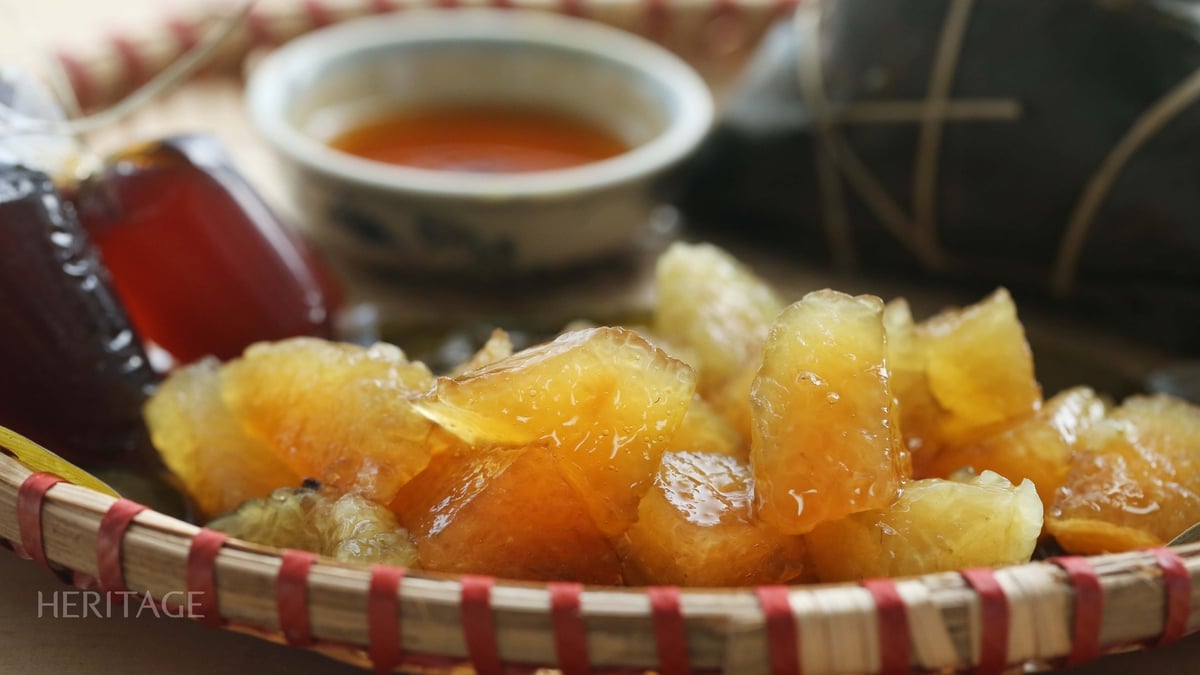



![[Photo] General Secretary To Lam receives Chief of the Central Office of the Lao People's Revolutionary Party](https://vphoto.vietnam.vn/thumb/1200x675/vietnam/resource/IMAGE/2025/5/30/140435f4b39d4599a3d17975dfb444c5)
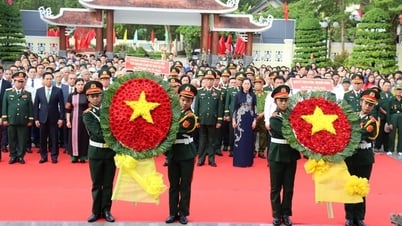

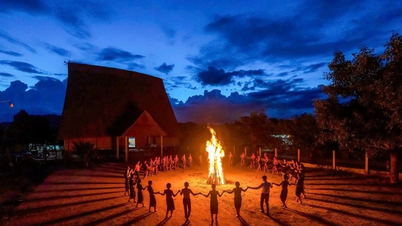

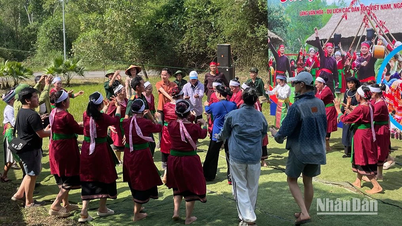

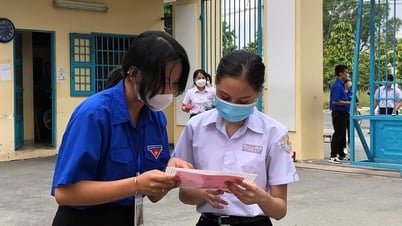
![[Video] Urgently implement the Politburo's Conclusion on developing Vietnamese culture and people](https://vphoto.vietnam.vn/thumb/402x226/vietnam/resource/IMAGE/2025/5/31/259c6ed83af242b4ac529ccbc2c137f7)






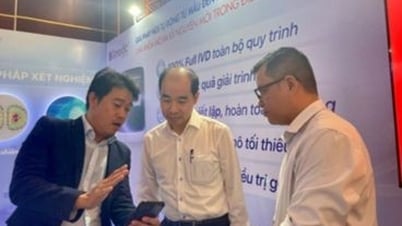

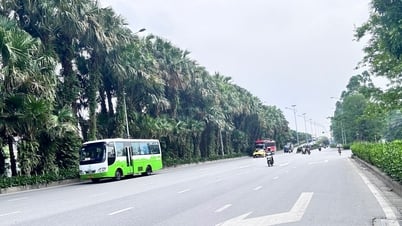


![[Photo] National Conference "100 years of Vietnamese Revolutionary Press accompanying the glorious cause of the Party and the nation"](https://vphoto.vietnam.vn/thumb/1200x675/vietnam/resource/IMAGE/2025/5/30/1cf6cd5c8a934ebfa347028dcb08358c)














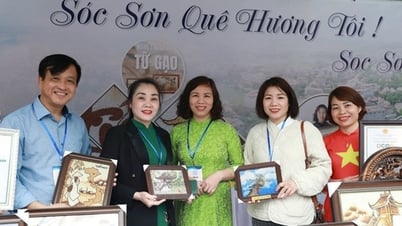
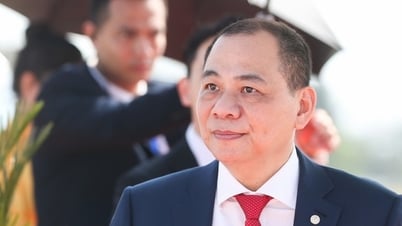











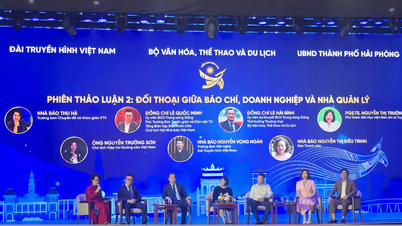




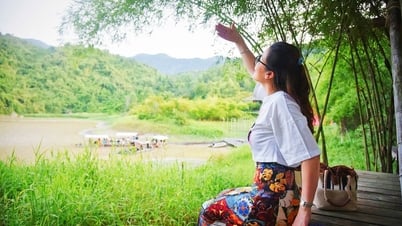
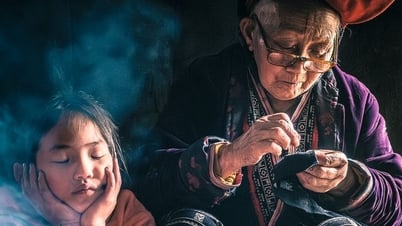

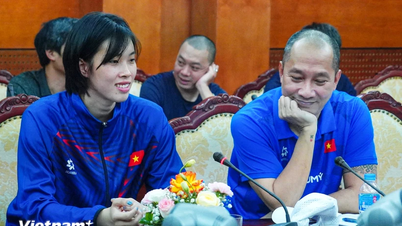
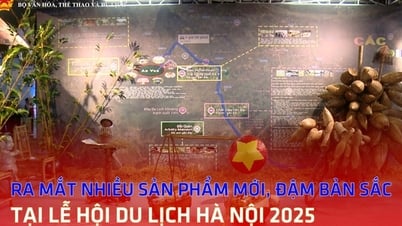

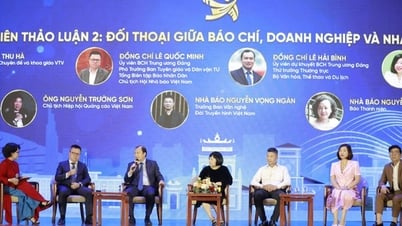
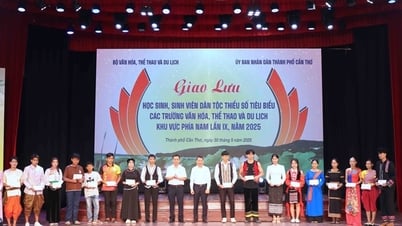
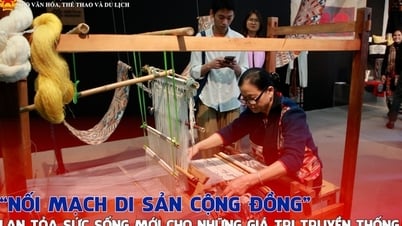
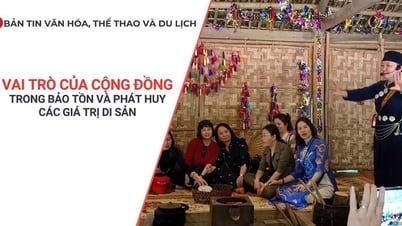
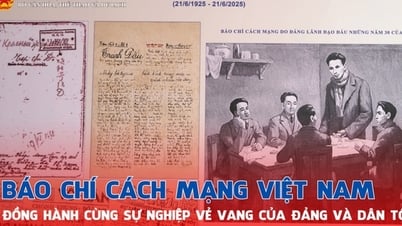


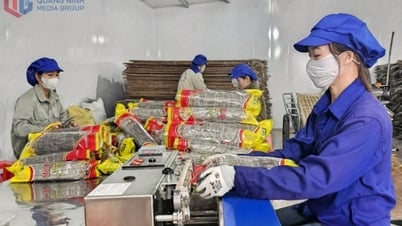



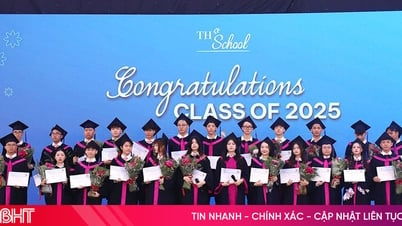

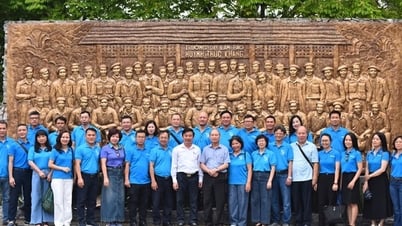
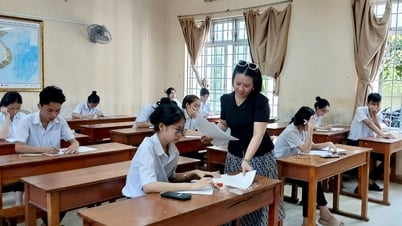






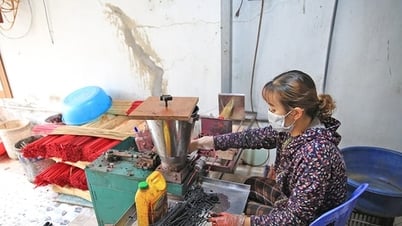
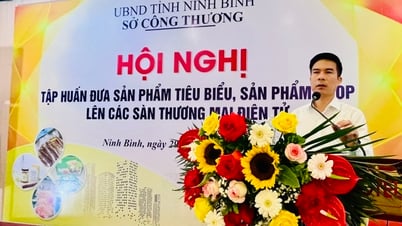

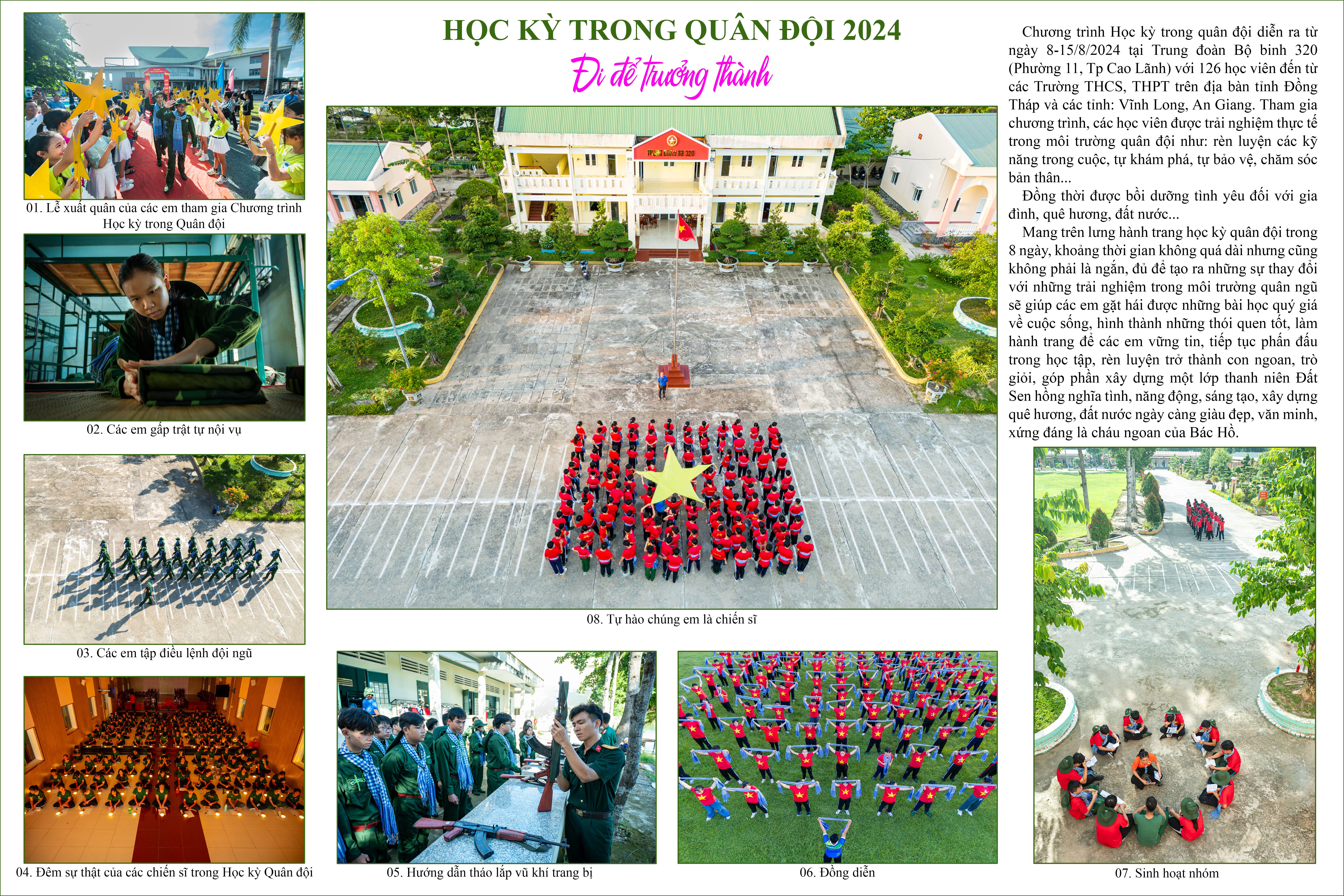



Comment (0)